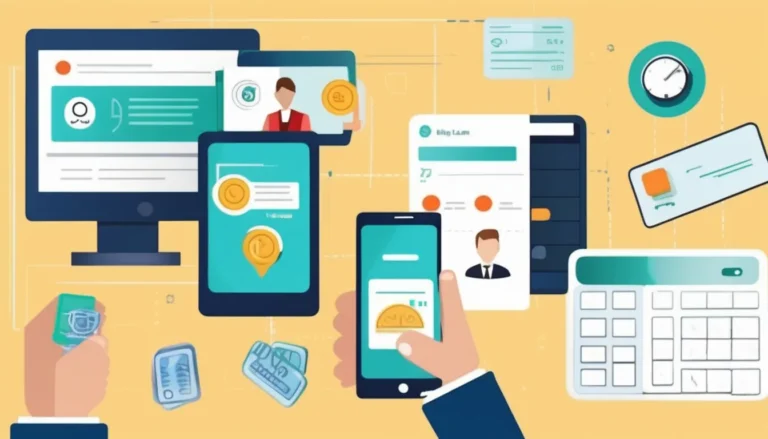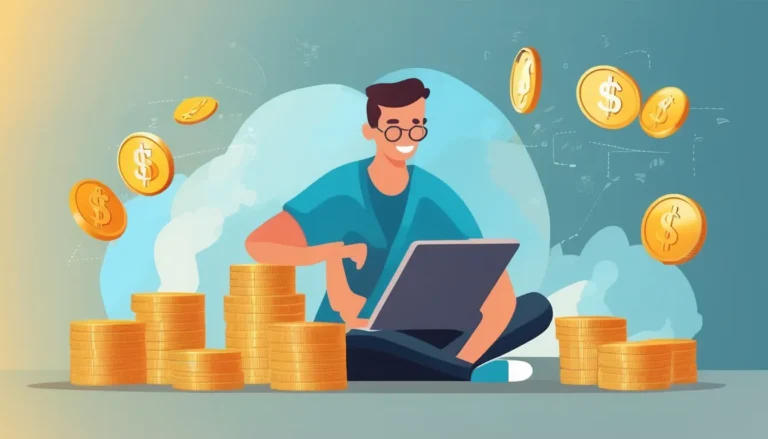Personal Loans vs. Credit Cards: Which is Better for Your Financial Goals?

In today’s fast-paced financial world, consumers often face the dilemma of choosing between personal loans and credit cards when they need access to funds. Both options offer different advantages, but understanding how each one works and what they can do for your specific financial goals is essential. Whether you’re looking to consolidate debt, finance a major purchase, or cover unexpected expenses, the decision between a personal loan and a credit card can significantly impact your financial health. This article will explore the key differences between personal loans and credit cards, and help you determine which option is better suited to your financial goals in 2025.
Understanding Personal Loans
A personal loan is a lump sum of money borrowed from a financial institution, such as a bank, credit union, or online lender. Typically, personal loans come with fixed interest rates, set repayment terms, and a specific loan amount. Personal loans are often unsecured, meaning they don’t require collateral, but some lenders may offer secured options where the borrower pledges an asset (e.g., a car or home) as security for the loan.
Key Features of Personal Loans
- Fixed Interest Rates: Personal loans usually have fixed interest rates, meaning the rate won’t change over the course of the loan term. This provides borrowers with predictable monthly payments and the certainty of knowing how much they will owe.
- Set Repayment Term: Personal loans typically have set repayment terms, ranging from 1 to 7 years, which allows borrowers to plan their finances accordingly.
- Lump-Sum Payment: With a personal loan, you receive the full amount up front, which can be helpful for larger, one-time expenses, such as home improvements or debt consolidation.
- Lower Interest Rates for Good Credit: Those with good credit scores may qualify for lower interest rates, making personal loans an attractive option for borrowers who qualify.
- Unsecured or Secured Options: Personal loans can be unsecured, meaning they do not require collateral, or secured, meaning you would need to pledge an asset to obtain the loan.
When Should You Consider a Personal Loan?
- Debt Consolidation: Personal loans are commonly used for consolidating high-interest credit card debt into a single loan with a lower interest rate. This can simplify payments and save you money in interest over time.
- Major Purchases or Expenses: If you need to make a large purchase, such as for home renovations or medical expenses, a personal loan can provide the funds upfront with a fixed repayment schedule.
- Fixed Payment Terms: If you prefer the security of knowing exactly when your debt will be paid off, a personal loan’s fixed term can help you achieve this goal.
Understanding Credit Cards
A credit card is a revolving line of credit that allows you to borrow money up to a pre-approved limit. When you use a credit card, you can borrow money as needed and make payments over time. However, credit cards typically come with higher interest rates than personal loans, and the amount you owe can fluctuate depending on how much you charge and how much you’ve already paid back.
Key Features of Credit Cards
- Revolving Credit: Unlike personal loans, credit cards offer revolving credit. This means that once you pay off a portion of your balance, that amount becomes available to borrow again without needing to reapply for credit.
- Higher Interest Rates: Credit cards usually carry higher interest rates than personal loans, especially if you carry a balance month-to-month. These rates can quickly add up if you don’t pay off your balance in full each month.
- Flexible Payment Terms: Credit cards offer more flexibility in how much you pay each month. You can make the minimum payment, a partial payment, or pay off the full balance to avoid interest charges.
- Rewards and Perks: Many credit cards come with rewards programs, including cashback, travel miles, and other incentives. These rewards can add value to your spending if you use the card responsibly and pay it off in full each month.
- Credit Building: Credit cards can be a good tool for building or improving your credit score, especially if you make timely payments and keep your balance low relative to your credit limit.
When Should You Consider a Credit Card?
- Small, Ongoing Purchases: If you need to finance smaller purchases or want the convenience of carrying a card for everyday expenses, a credit card can be a good choice.
- Rewards and Benefits: If you regularly make purchases that offer rewards (cashback, travel points), using a credit card can be a way to earn additional benefits on your spending.
- Building Credit: If you’re new to credit or want to improve your credit score, responsibly using a credit card can help you build a positive credit history over time.
Key Differences Between Personal Loans and Credit Cards
To make an informed decision between personal loans and credit cards, it’s important to understand the key differences between them:
- Interest Rates: Personal loans generally have lower interest rates than credit cards, especially for borrowers with good credit. While credit card interest rates can range from 15% to 25%, personal loans may offer rates as low as 6% to 10%, depending on your credit profile.
- Payment Structure: Personal loans offer fixed monthly payments and a set loan term, which makes it easier to budget for your payments. In contrast, credit cards offer flexible payment options, but the more you carry a balance, the more interest you’ll accrue.
- Loan Amount: Personal loans typically allow you to borrow larger sums of money compared to credit cards. While the average credit card limit is often between $5,000 and $15,000, personal loans can offer amounts ranging from $1,000 to $50,000 or more, depending on the lender and your creditworthiness.
- Flexibility: Credit cards are more flexible because you can borrow as needed, and as long as you stay within your credit limit, you have ongoing access to funds. Personal loans, on the other hand, are a one-time lump sum with a fixed repayment schedule.
- Credit Impact: Both personal loans and credit cards can impact your credit score, but in different ways. Personal loans can affect your credit score by increasing your debt-to-income ratio, especially if you take out a large sum. Credit cards can influence your score based on your credit utilization ratio—the amount of your credit limit you’re using.
Which Option Is Right for You?
The choice between a personal loan and a credit card depends on your financial goals and needs. Below are scenarios where one might be more beneficial than the other:
- Personal Loans Are Better When:
- You need a lump sum of money for a large purchase or to consolidate debt.
- You want predictable monthly payments with a fixed interest rate.
- You plan to pay off the loan in a set period and want to know when you will be debt-free.
- You’re financing a project or expense that requires more funds than a credit card limit might allow.
- Credit Cards Are Better When:
- You need flexibility in how much you borrow and when you pay it off.
- You’re making smaller purchases and can pay off the balance quickly to avoid high-interest charges.
- You want to take advantage of rewards, cashback, or other perks.
- You are looking to build or improve your credit score with responsible usage.
Conclusion
Both personal loans and credit cards are valuable financial tools, but understanding their differences and how they align with your financial goals is crucial. Personal loans offer the advantage of fixed rates, set repayment terms, and larger loan amounts, making them ideal for large purchases or consolidating high-interest debt. Credit cards, on the other hand, offer flexibility, rewards, and the ability to borrow up to your credit limit, but come with higher interest rates and less predictability.
Ultimately, the right choice depends on your specific needs. If you have a one-time, large expense and want fixed payments, a personal loan might be the better option. If you need a smaller amount of money and value flexibility, a credit card could suit your needs. By evaluating your financial situation and goals, you can make an informed decision and choose the best option to help you achieve financial success.




